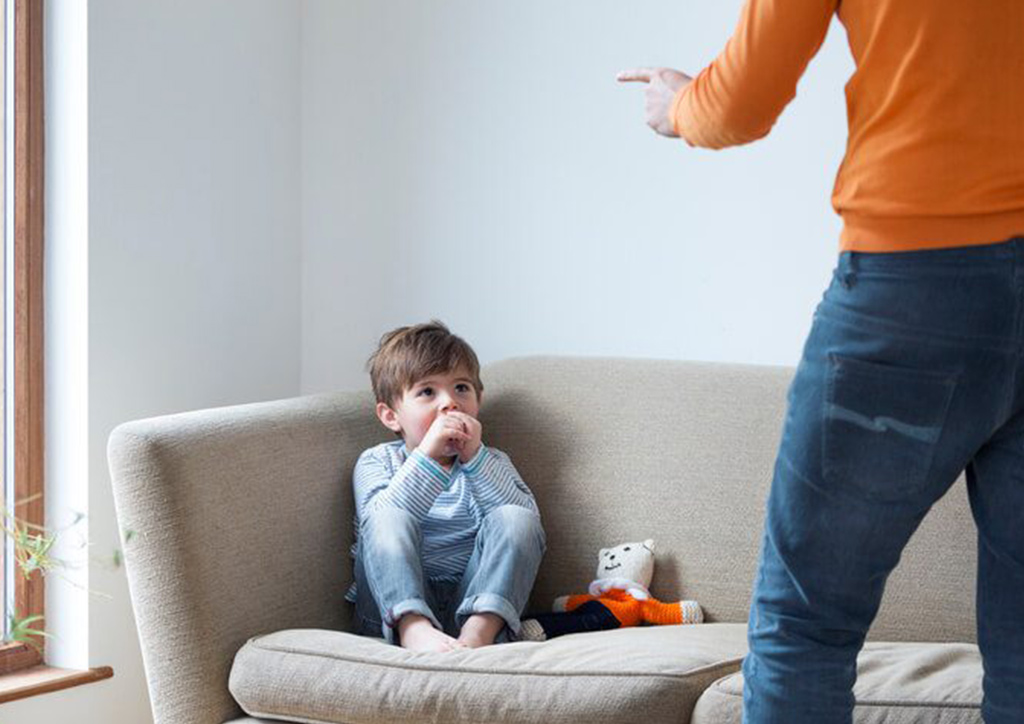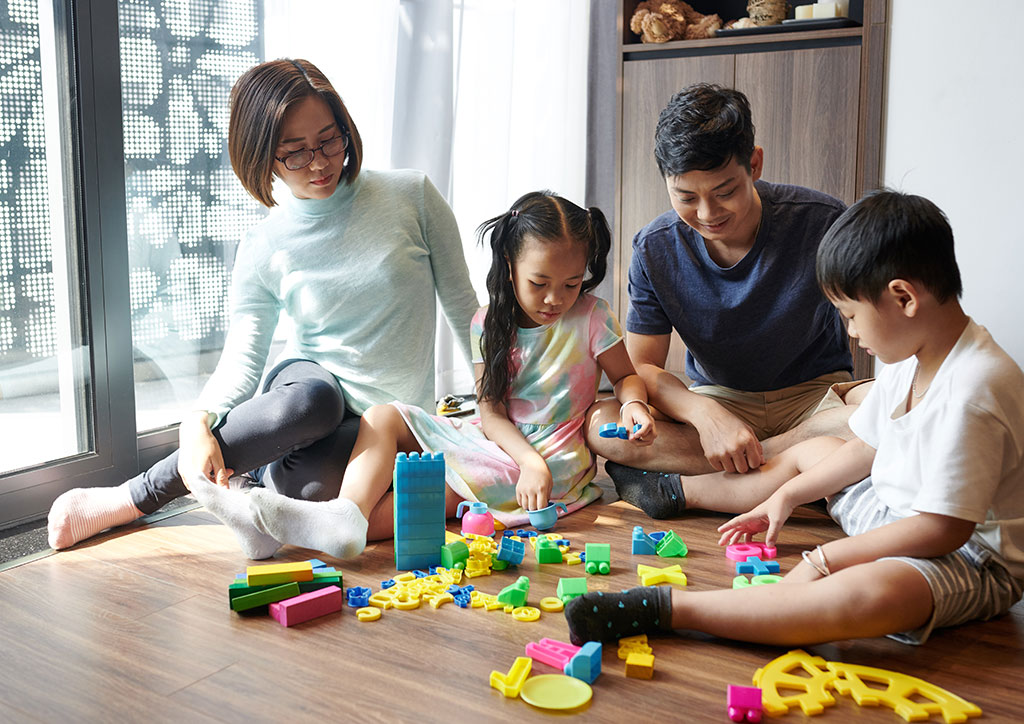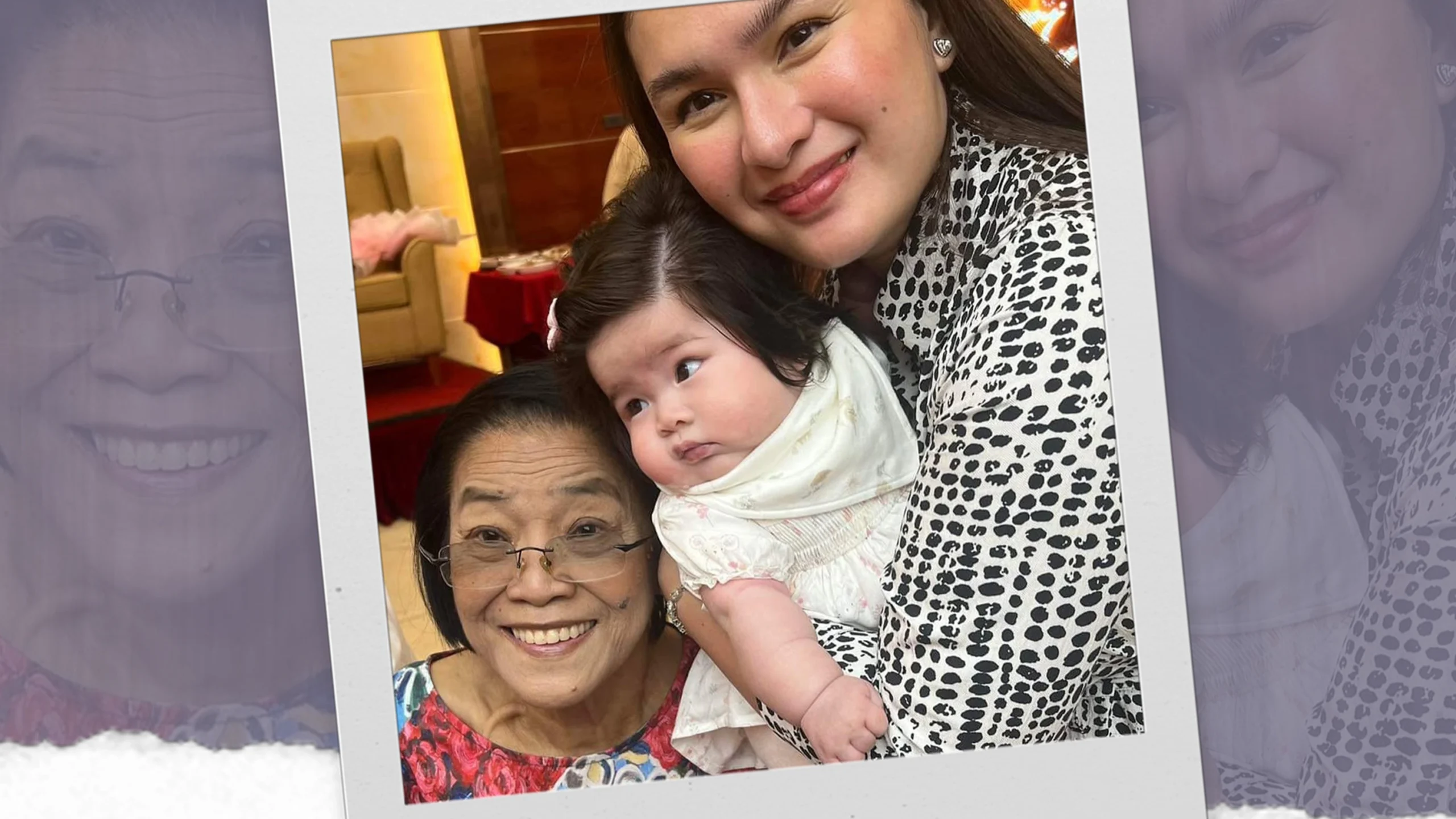The 4 Parenting Styles Explained and Made Easy
Parenting isn’t easy and being held by other culture’s standards can be quite frustrating. Here’s what we summed up between the four parenting styles.
There’s no manual on how to be the perfect parent. We just know that there will be disagreements, happy times, and a lot of lessons to learn about parenthood. And when things do get confusing, we take notes from how our parents raised us. Unfortunately, a lot of their methods may not fit the current situation especially since nobody expected a pandemic to happen in their lifetime. But it’s good to take notes from them and their parenting styles. This way, we can become better parents to our kids.
So, what are the four parenting styles? There’s negligent, permissive, authoritarian, and authoritative.
1. Negligent

Otherwise known as uninvolved, the negligent parenting style is when a parent barely knows anything about their kids. Or, that their information about their kids is highly outdated and that they don’t make any efforts to be involved. But their lack of involvement isn’t always by choice. Negligent parenting may also be a result of being overworked and getting washed away from too much household work. The end result can oftentimes include a lot of yelling, screaming, and possibly more drastic behaviors like kids running away from home.
If the house sounded like this prior to the pandemic then, it’s time to change things. While it is hard shifting careers, being at home with the kids will make you see how much you’ve missed out on if your career started demanding too much from you. While bills are important and need to be paid, we need to remember that no latest iPhone, gaming laptop, or money in the world will ever give our kids what they want: for us to be there.
2. Authoritarian

“Because I said so!” is a common one-liner said by authoritarian parents. The Authoritarian parenting style insists on a rigid hierarchy. Kids must abide by all the rules that the parents set, regardless of whether or not the rule applies to the situation. Authoritarians are famous for being inflexible, often reacting violently due to a perceived loss of control. Because of the strictness and hot tempers, kids with parents like these can become people-pleasers and become highly convincing liars and manipulators to avoid punishment.
A lot of us may have grown up with parents like these and may even have had to deal with the physical aspect of it as it was one of the more traditional styles of parenting and learning. But we know better now that it’s not what we want for our kids. While we want our kids to be resilient, we want them to know that they have a safe space with us. This is why some of those traditional premises will have to be broken and changed.
3. Permissive

The complete opposite of #2, permissive parenting is just letting our kids do what they want and get what they want. They become more of a “friend” to the child wherein they don’t discipline their child consistently for their behavior. Sometimes, they even give in to their child’s demands and are easily swayed, lessening punishment time or letting them off with just a warning. Kids from this kind of parenting often struggle in stricter environments and rules, and sometimes feel entitled to receive better treatment from others.
We often see kids who quickly throw tantrums at the slightest change as a result of this kind of parenting. As parents, we need to put our foot down on certain rules but not to the point of disregarding their feelings. Kids are their own person too but they need to know that everyone can’t bend to them.
4. Authoritative

The most ideal style of parenting, authoritative parenting balances both authority, and friendship. Authoritative parents exercise patience and focus their efforts on more problem-oriented discussions. Achieving this kind of parenting style will take time while we’re all trying to cover the generation gap and absorb new information. But parents who achieved this style with their kids are often more informed of their kids and their kids in return, are more relaxed with them, and are able to trust them with almost everything. We say almost since not all of us are high-tech!
Authoritative’s the new black for pandemic parenting. Since almost all activities have become family-oriented, it means that the kids now have a say on what can possibly go. Although it’ll be hard to stop ourselves from correcting them off the bat (especially when it doesn’t match our worldview), the key element to authoritative parenting is active listening where we actually clarify what they’re trying to say. Not only does it lessen the fights but it practices them for public speaking, too!
Western Parenting Style vs. Asian Parenting Style: How do we fix that?
Many Asian families (including us Filipinos) may think that being authoritative is more permissive than most are comfortable with. Some Western parents on the other hand believe that Asian parents are on a whole new level of authoritarianism that we’re a sub-category of it. However, parenting styles are not dictated by a single event. It’s usually seen across a span of several months or years. But we’re all sure that parenting will always be a struggle and that we will make mistakes. What matters most however is if we’re able to recognize the red flags in our parenting style and if we’re ready to become better parents for our kids.
Learning parenting tips from other parents always helps!
6 Times KC Montero Proved He’s Nailing The Parenting Game
Intentional Parenting: Hayden Kho Futureproofs His Family of Three
The Road to Conscious Parenting: Transforming ourselves to empower our children









